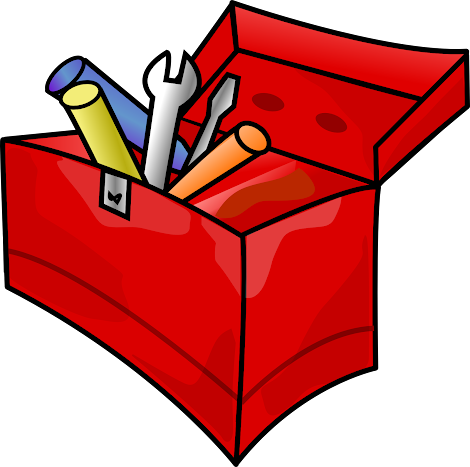2026: Spit & Polish

Reliable research begins with the Genealogical Proof Standard What's ahead for family history and genealogy work next year? And how best to prepare? One of my big goals has been finished, which is recent backup of online trees onto my own computer. Most of my work has been over the past years has been in Ancestry.com online trees. Now I want to learn how to back that clean tree up into the cloud, as well as onto some portable hard drives. Also, I combined the two backed-up trees. Next, I need to find and merge any remaining duplicate profiles. While doing that work, I will try to apply "spit and polish" to each profile touched. Spit? Polish? Merriam-Webster says it is in part: " attention to cleanliness, orderliness, smartness of appearance ." Why bother with such nit-picking? I think that by making online profiles not only well-researched and attractive, we can draw others to the stories told on those profiles. This is why I've always worked in publ...






